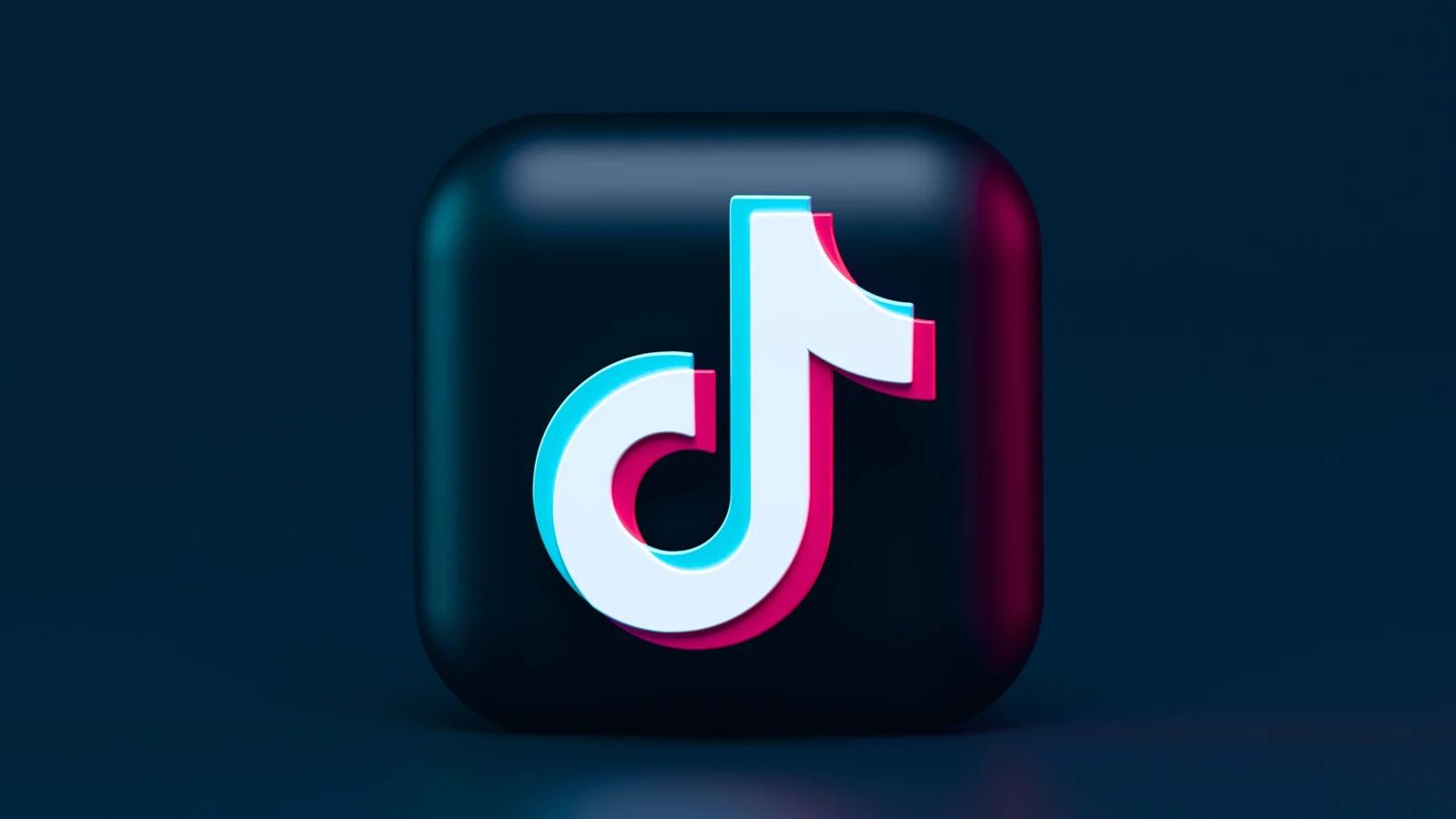New U.S. law threatens to ban TikTok unless sold, raising major First Amendment concerns and sparking a legal battle over national security and free speech.

In a significant escalation of tensions between the United States and China, President Joe Biden recently signed a law that threatens to ban the popular social media app TikTok unless it is sold by its Chinese parent company, ByteDance. This legislation has sparked a fierce debate about national security and free speech, raising substantial First Amendment concerns.
Background of the Legislation
The newly signed law gives ByteDance a year to divest from TikTok or face a nationwide ban. This move is part of a broader strategy by the U.S. government to curb potential espionage and data privacy risks posed by foreign-owned technology companies. Lawmakers argue that because TikTok is owned by a Chinese company, it could be compelled to share user data with the Chinese government, a claim TikTok has consistently denied.
The legislation was fast-tracked by attaching it to a foreign aid bill, which sped up its passage through Congress. The law stipulates severe penalties, including removing TikTok from app stores and making it illegal for web-hosting services to support the app if ByteDance fails to comply within the given timeframe.
Legal and Constitutional Challenges
TikTok has vowed to fight the law in court, arguing that it violates the First Amendment rights of millions of Americans who use the app to express themselves. The American Civil Liberties Union (ACLU) has also condemned the legislation, highlighting that banning a communication platform like TikTok without clear evidence of imminent harm infringes on freedom of expression. They emphasize that such selective bans could set a dangerous precedent, allowing the government to control and limit the flow of information and communication on the internet.
National Security vs. Free Speech
Proponents of the ban, including several U.S. lawmakers, assert that TikTok poses a significant national security threat. They fear that the app could be used by the Chinese government for surveillance or to influence public opinion in the U.S. The recent surge in data privacy and security concerns, especially during an election year, has amplified these fears.
However, critics argue that there is no concrete evidence that TikTok has shared data with the Chinese government. They point out that American tech companies also engage in extensive data collection and that a more comprehensive approach to digital security and privacy legislation is needed rather than targeting a single company.
The Path Forward
The law’s implementation is likely to be delayed by legal battles and the complex process of finding a suitable buyer for TikTok that satisfies both U.S. and Chinese regulations. The Chinese government has indicated it would resist a forced sale, particularly since ByteDance’s proprietary algorithms are considered a critical technological asset and are subject to export control laws.
This legal and political tug-of-war underscores the broader geopolitical struggle between the U.S. and China over technology and information control. As this situation unfolds, it will be crucial to monitor how it impacts the rights of American users and the precedent it sets for the regulation of foreign-owned tech companies.
The TikTok ban debate highlights the complex intersection of national security and constitutional rights. While the U.S. government seeks to protect its citizens from potential foreign surveillance, it must also navigate the fundamental freedoms enshrined in the Constitution. As the legal challenges proceed, the outcomes will likely have far-reaching implications for digital rights and international relations.
Saddle up! Red Dead Redemption and Undead Nightmare are now on PC. Experience the Wild…
OPPO Find X8 India launch confirmed! Learn about the exciting Magic Box campaign with a…
Android 16 is rumored to bring a much-needed fix to a frustrating Wi-Fi setting. Learn…
Sennheiser partners with Bengal Warriorz in Pro Kabaddi League Season 11, providing cutting-edge headphones and…
Apple's iOS 18.1 addresses 28 security flaws in iPhones. Update now for crucial security patches…
Discover the latest advancements of Xiaomi HyperOS 2, launched with the Xiaomi 15 series. This…
This website uses cookies.